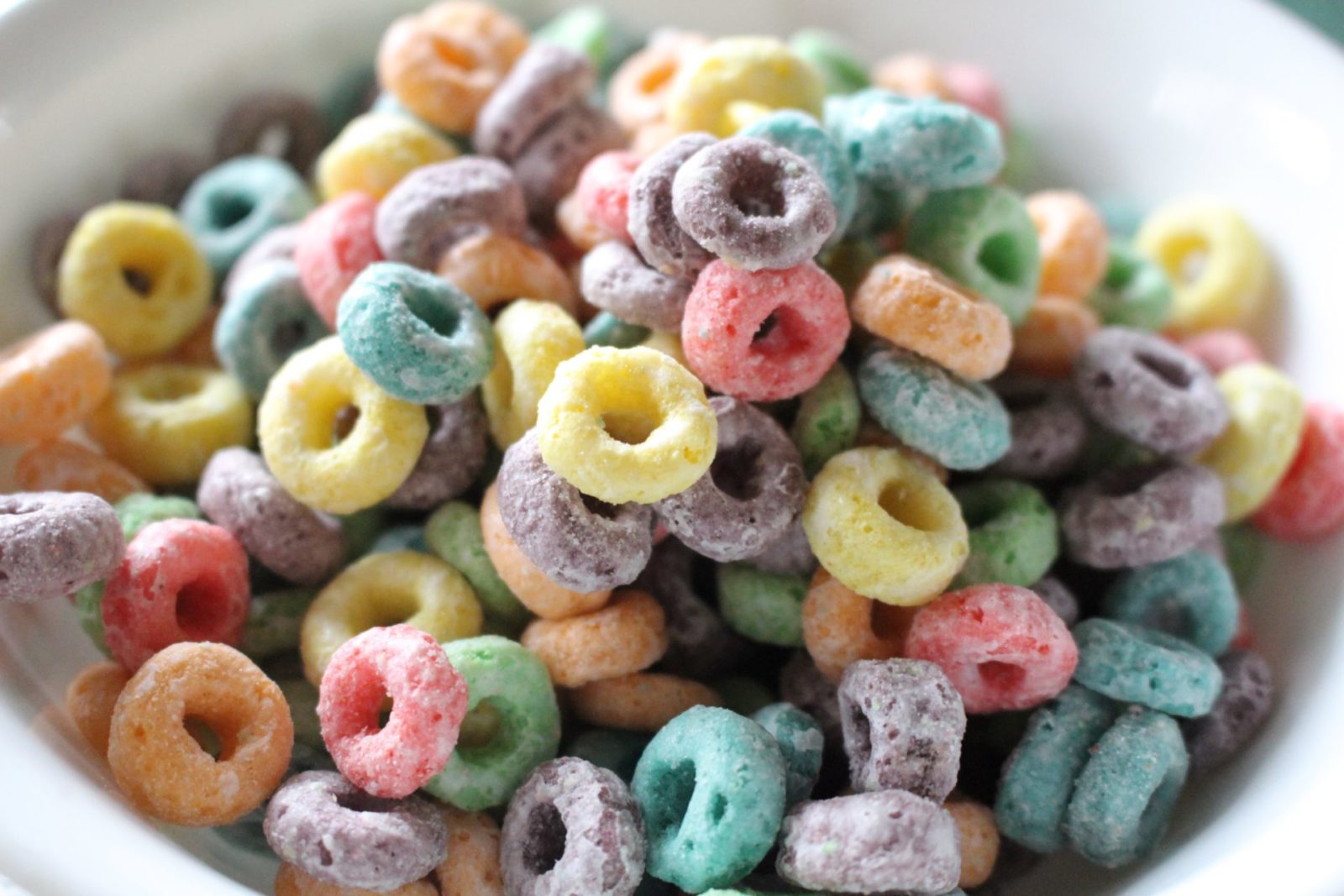A large research study has found conclusive evidence that ultra-processed foods are bad, really bad. They increase your risk of heart disease or stroke by over 50%, and increase your risk of death by over 25%. When they analysed the chemical and biological rationale for increased health risk, sugar was identified as the main culprit, explaining over a third of the cause for the excess risk in heart disease or stroke death.
Ultra-processed foods include the obvious high sugar, high fat and high salt ingredients, but also are often packed with sweeteners, hydrolysed proteins, hydrogenated oils and emulsifiers. These food are heavily marketed – just because it’s organic, natural, ethically harvested, gluten-free, preservative free, baked not fried, full of omega-3, fortified with probiotics or vitamins, or has star ratings, does not mean it’s healthy! Many health claims are also promotional tricks – fat free or sugar free may neglect to mention it’s full of refined carbohydrates, which is easily metabolised in the body to sugars as excess calories.
Examples of ultra-processed foods include:
- Soft drinks, chocolates, sweets but also household items such as cereals, biscuits, margarine and Milo (which recently had a 4.5 star Health rating but is half pure sugar!)
- Packaged foods such as energy or muesli bars, ready to heat chicken nuggets, frozen pizza, pies or fish fingers, and instant noodles and soups (not all packaged foods are bad though – Weet-Bix for example is very healthy)
- Food substitutes such as meal replacements, slimming products, Up & Go (5 teaspoons of sugar in each serve)
- Convenient foods such as pre-mix pancake and cake mixtures
- Also beware of flavoured yogurts or milk drinks, reconstituted meats and any foods with a long shelf-life.
These processed foods has also been proven to cause weight gain and increase body fat, even if the fat, sugar, protein, carbohydrate and salt content is matched like for like with a healthier diet. In other words, when we even out the nutritional content, there is something about the processing of these foods, rather than the ingredients, that causes more weight gain. We also know that sugar can be addictive (like a drug of dependence) so ultra-processed foods can encourage increased consumption of food in general.
If you have any questions, come visit our dietitians at Osana – they enjoy reading food labels with our members, often at the grocery store! And if in doubt, aim for eating the raw ingredients you may find in a recipe for cooking, and minimise foods with any packaging or a long list of chemical ingredients you can’t pronounce.
References:
- https://www.abc.net.au/news/health/2019-06-19/ultraprocessed-food-what-is-it-and-how-do-i-avoid-it/11216306
- https://pubmed.ncbi.nlm.nih.gov/33333551/
- https://www.abc.net.au/news/health/2019-05-17/highly-processed-diet-linked-to-increased-weight-gain/11117320
- https://www.abc.net.au/news/health/2019-05-30/highly-processed-food-and-disease-risk-food-labels/11153774
